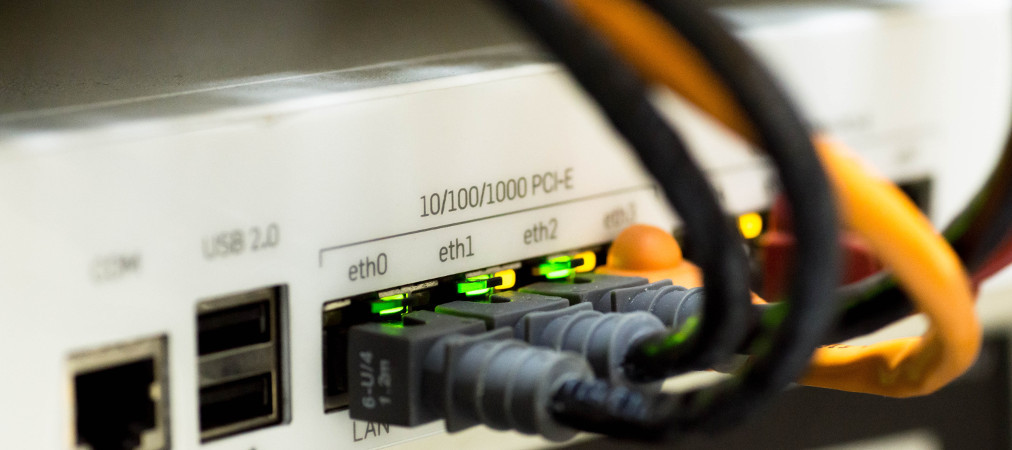
IPv6 Privacy Extensions in Fedora 20
Previously I blogged about Enabling IPv6 Privacy Extensions in Fedora 18. Unfortunately in Fedora 20, the Network Manager has a bug in it that means that the setting is not used.
Thankfully there has been an issue logged already and a fixed Network Manager can be installed from the testing repo, heres how:
sudo yum update --enablerepo=updates-testing NetworkManager Now restart, and when you run ifconfig, you should see an additional randomly generated IPv6 address.